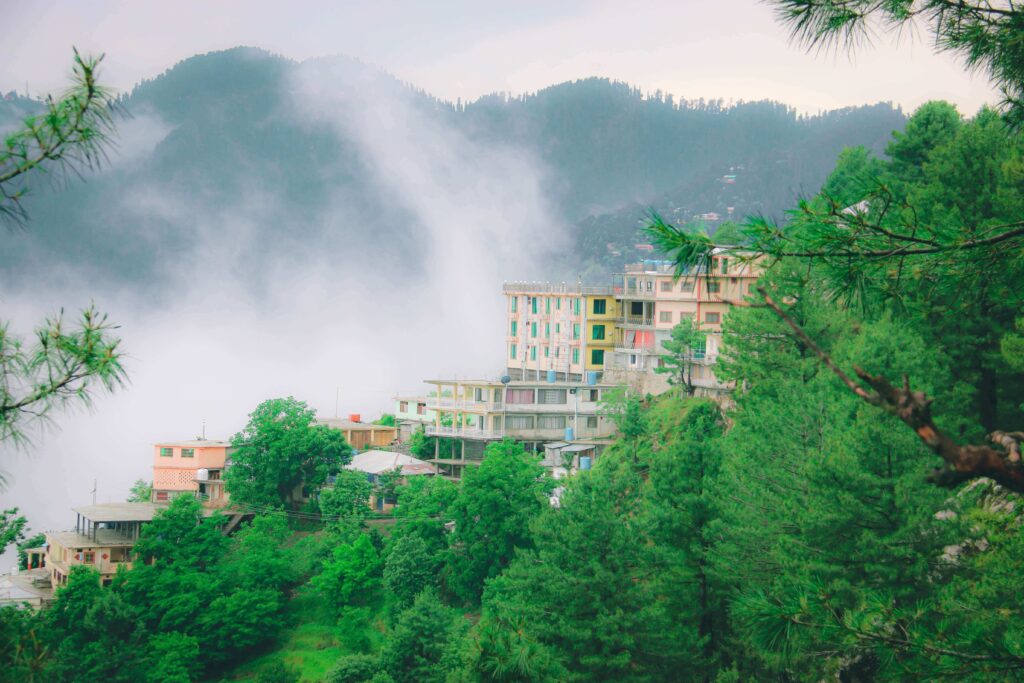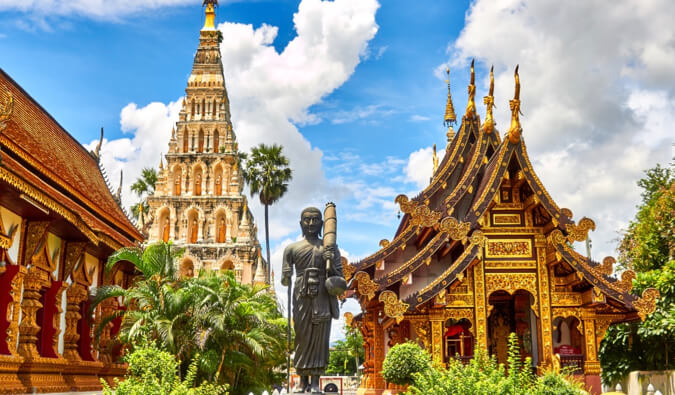Actor and talk show host Amber Khan travelled up north to spend time with the Kalash tribe. In an exclusive interview with Social Diary Magazine, Khan talks about what fascinated her while she was there, some immediate challenges for the people of Kalash and what more can the government do to help them.
How was it like experiencing Pakistan by road on your trip to the Kalash valley?
This was after so many years! It was truly amazing. It didn’t feel like I was traveling in Pakistan but was more like a road trip in the United States. The roads were well maintained and you can easily cruise and relax. There are different stopover spots and everything is well-guided especially from Sukkur to Islamabad. I really felt proud to be a Pakistani!
Walk us through a day in the company of Kalash?
The place has small bridges to cross over with the river flowing. We came across dried tomatoes, wheat and corn fields in addition to apple and apricot trees. We also came across a 100 year old man working, which was fascinating. Overall, the Kalash valley is a beautiful, calm and quiet place.
What are some impending challenges that the Kalash are facing today based on the interaction you have had with the community members?
The Kalash are having trouble with trade following floods. For instance, it would take three hours to reach a place that is at an 18 kilometers distance. The roads are very narrow and having trucks to commute is extremely difficult. Even I didn’t see any heavy trucks on my way to the Kalash tribe.

The natives grow their crops and consume them as well. They sell their cattle and earn a living for themselves. The Kalash valley is also not as developed as it should be. If the road problem resolves in time, all other problems will resolve too.
What are some cultural practices that the Kalash tribe follows?
Many locals also reside in the Kalash valley. People of Kalash have a maternity home where expecting women or girls with monthly periods have to stay for ten days. They don’t allow women to stay home because it is considered impure. They have a graveyard where scattered bones and skulls are lying around as they don’t bury dead bodies in the coffins. Because they are non-Muslims, their cultural and religious beliefs are completely different from ours.

Tell us some more about the traditional Kalash cuisine.
They don’t have any specialty in terms of food but I have heard that their wine is very famous.
We also saw you in a beautiful Kalash dress in your recent vlog. What kind of work goes into a dress like that?
Their dresses are very freeing and open. The fabrics used are polyester and the embroidery involves heavy needle work. They also have belts, and hats with beads on them. Kalash women design these traditional clothes and it takes about three months to make a standard hat. The price point of a dress has a starting range of 6,000 to 9000 rupees, depending on the kind of work you want.
What were some scenic places you got to see while you were there?
I sat down to have tea while I was on the bridge. The bridge connected one area to another with water flowing in the backdrop. Going towards Kalash was a breathtaking view. The mountains, greenery and gardening were amazing to see and experience firsthand.
They have houses built on different levels with narrow streets. I wanted to witness their annual festival but couldn’t this time around. They also have a special polo match. I would like to mention here that Nagar Fort comes two hours before the Kalash valley, which was a part of the Kalash’s ancestry. They have now transformed this fort into a resort where you have six rooms. The two rooms are beautiful and they are renovating the other four. One should definitely visit the Nagar Fort!
What more do you want Pakistan’s government to do for the Kalash tribe?
Owing to floods, the place has become deserted. Perhaps the biggest drawback is communication. This is a huge problem as there are no phone signals or internet access. The Kalash tribe gets cut off from the outside world this way. The local shops and motels also need to be upgraded for better tourism.

























